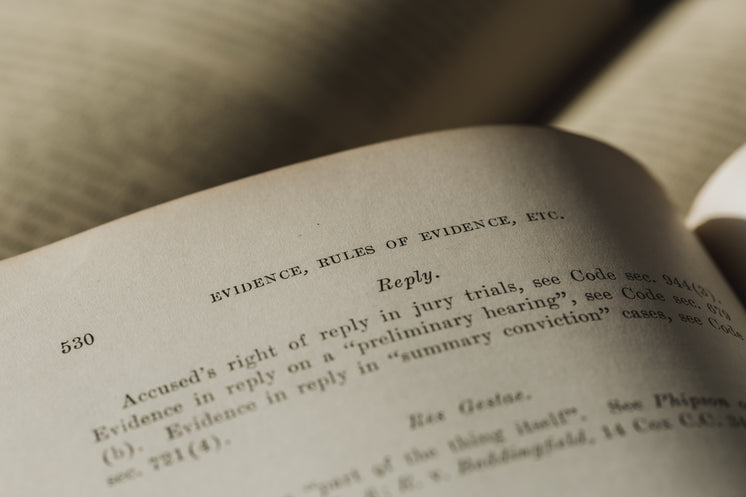
johannatrimm6
About johannatrimm6
Judicial rulings in the United Kingdom play a crucial role in the administration of justice.
A bizarre case involved a juror who sustained a concussion after a ceiling tile fell in a Crown Court. An investigation found that recent building renovations had not been properly completed, and debris had not been secured. The incident delayed proceedings and raised broader questions about investment in court infrastructure across the UK.
UK court decisions are also made publicly available, ensuring transparency and accountability. Judgments are published online, allowing legal professionals, scholars, journalists, and the general public to access them. This openness supports public confidence in the justice system and promotes understanding of the law.
The Health and Safety at Work etc. Act 1974 applies to court buildings just like any other workplace. This legislation requires employers and property managers to ensure the safety of staff and visitors. This duty of care extends to risk assessments, proper maintenance of facilities, and prompt response to hazards. If the responsible party is found negligent, they may be liable for compensation.
In conclusion, Scotland’s legal institutions represent a dynamic and unique component of the UK legal landscape. With its own procedures, court hierarchy, legal principles, and cultural influences, the Scottish judiciary continues to uphold justice while responding to modern legal challenges.
 These changes reflect broader shifts in society, technology, and government policy, as well as efforts to make the justice system more efficient, accessible, and modern. From the introduction of digital technology to restructuring court services, the UK’s legal landscape is evolving at a rapid pace.
These changes reflect broader shifts in society, technology, and government policy, as well as efforts to make the justice system more efficient, accessible, and modern. From the introduction of digital technology to restructuring court services, the UK’s legal landscape is evolving at a rapid pace.
The development of legal aid in the UK dates back to 1949, when the Legal Aid and Advice Act was passed. This landmark piece of legislation aimed to ensure that legal representation was available to individuals regardless of their ability to pay. The Act was a response to the recognition that a fair legal system required everyone, not just the wealthy, to have access to justice. Since then, legal aid has evolved, with various reforms and adjustments in response to changing government priorities and budgetary constraints.
Court decisions in the UK are also vital in protecting human rights. Under the Human Rights Act 1998, UK courts are required to interpret legislation, as far as possible, in a way that is compatible with the European Convention on Human Rights. When legislation is found to be incompatible, courts can issue a ”declaration of incompatibility,” although Parliament remains sovereign and must choose whether to amend the law.
In R (Miller) v The Prime Minister (2019), the Supreme Court found that Prime Minister Boris Johnson’s advice to the Queen to prorogue Parliament was unlawful, stating that such a move had an extreme effect on the functioning of democracy. This was a landmark ruling reinforcing the principle that no one, not even the Prime Minister, is above the law.
A key development has been the restructuring of court services to improve efficiency. The introduction of case management reforms is designed to reduce delays and ensure that cases are heard in a timely manner. Should you loved this short article and you wish to receive more information regarding lawyer referral services kindly visit our own page. For instance, there have been efforts to reduce backlogs in the courts by improving case scheduling and introducing new systems for managing the flow of cases. This includes prioritising certain cases to ensure that high-priority cases are addressed promptly.
Access to legal aid in the UK are not unlimited. Legal aid is primarily available to individuals who meet certain financial thresholds. These thresholds are determined based on income and savings, with more stringent tests applied for those seeking civil legal aid compared to criminal legal aid. Applicants must prove that they have a low income and insufficient assets to cover the cost of legal services. The process can sometimes be lengthy and require extensive documentation.
The accessibility of Scottish courts has been a topic of discussion in recent years. Legal aid is available for those who cannot afford representation, although changes in funding and eligibility criteria have raised concerns about equitable access. The Scottish Legal Aid Board oversees the administration of legal aid in both civil and criminal matters.
In addition to pro bono services, some individuals may also receive legal advice through organizations that specialize in particular areas of law. For example, housing organizations, domestic abuse shelters, and consumer advocacy groups often have legal teams that provide free legal advice to their clients. These organizations may also refer clients to solicitors who can represent them in court or assist them in navigating the legal system.
Court closures across the UK has also been a contentious change in recent years. As part of cost-saving measures, the UK government has closed a number of local courts, arguing that the savings can be reinvested in digital systems or more essential court services. Critics, however, argue that closing courts disproportionately affects those in rural areas or disadvantaged communities, where access to alternative courts may be limited. The closures have sparked fears about the accessibility of justice, with many questioning whether individuals will be able to travel to more distant courts or whether they will face delays in their cases being heard.
No listing found.


